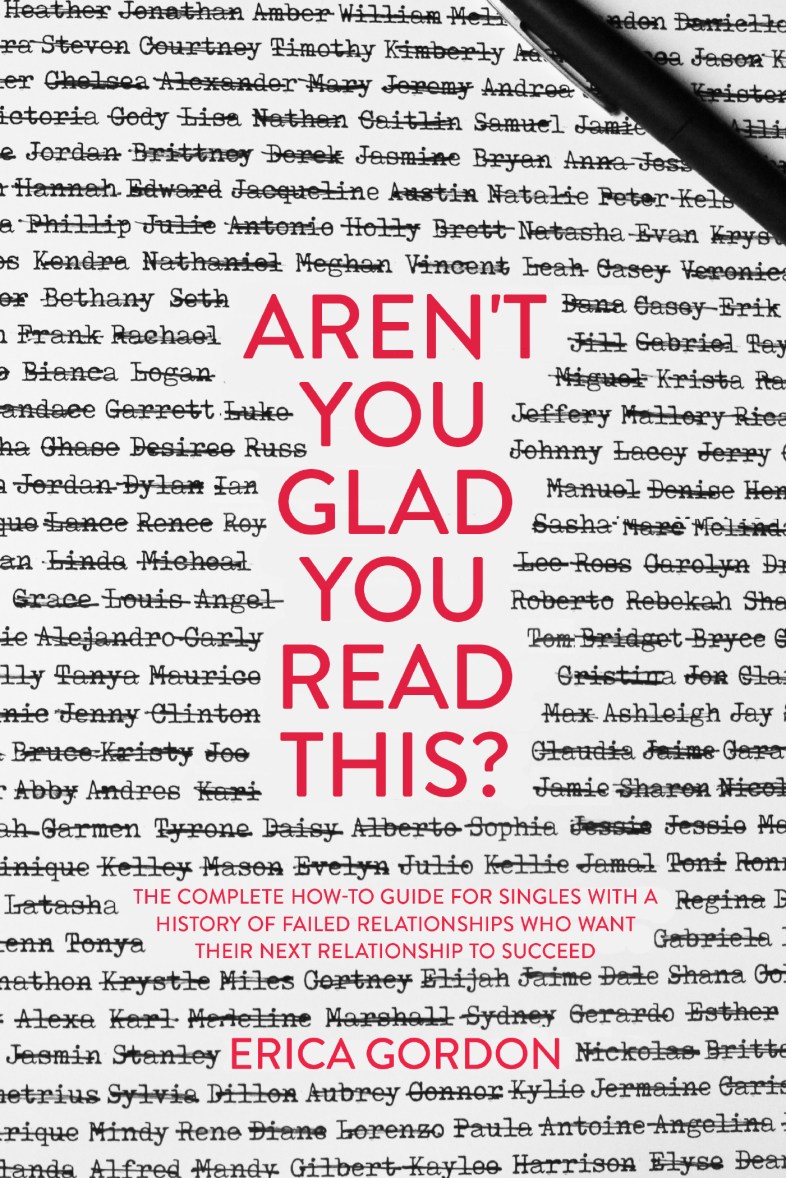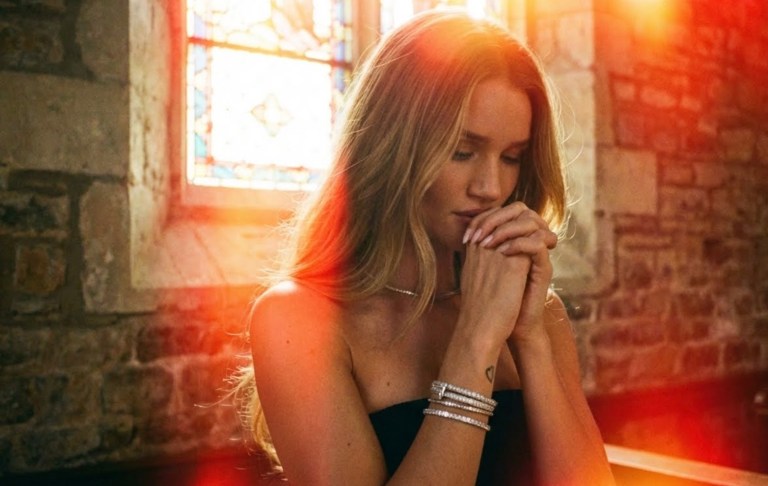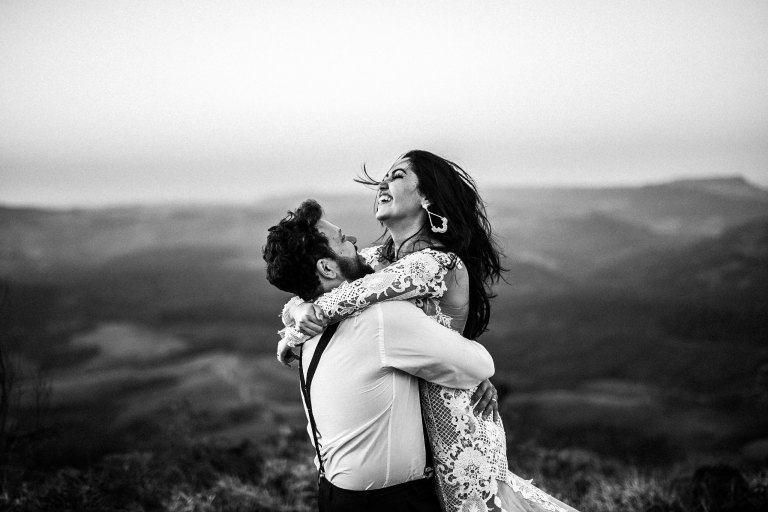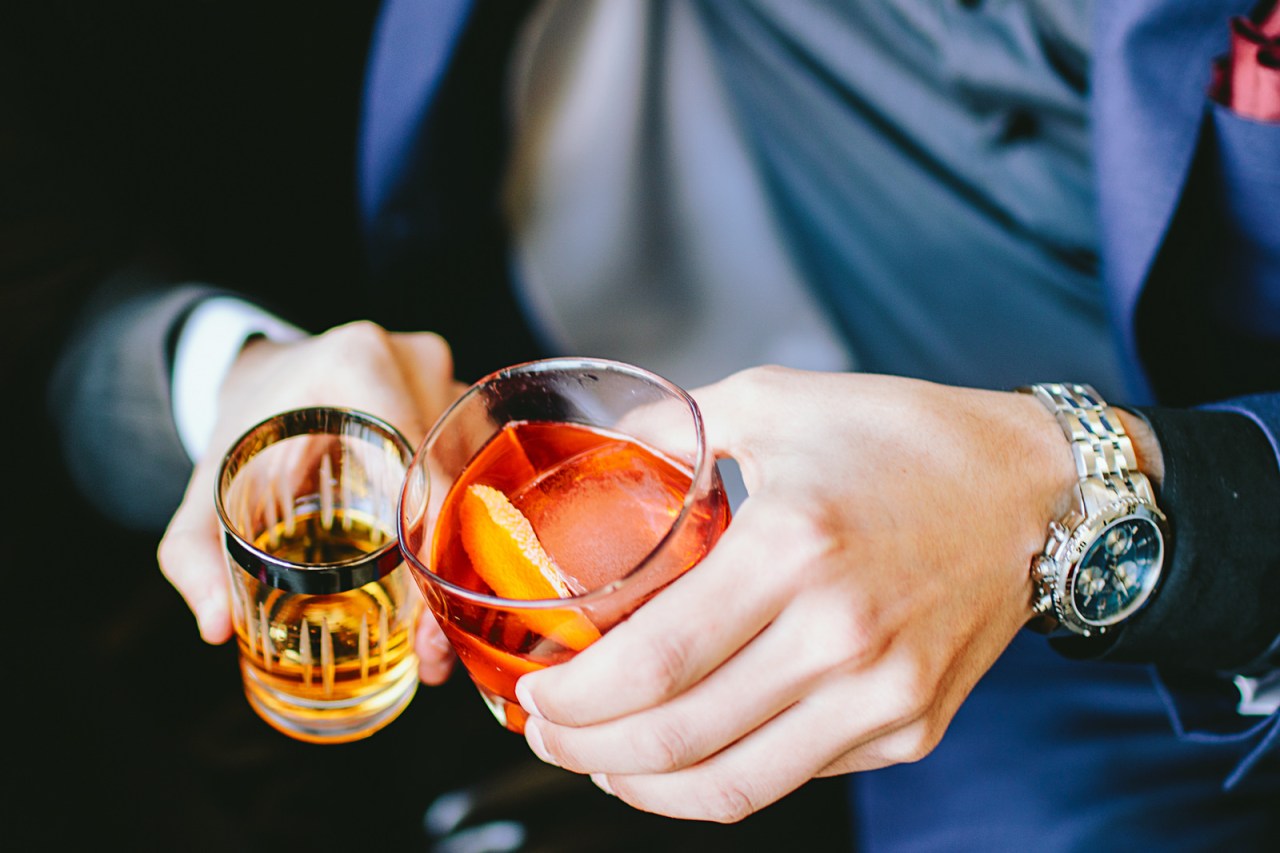
5 Warning Signs That You Have A Drinking Problem Or An Unhealthy Relationship With Alcohol
Many people believe that they only have a problem with alcohol if they drink every day or if they drink when they’re alone, but this is not the case. Here are some very real signs that your relationship with drinking is becoming problematic
By ![]() Erica Gordon
Erica Gordon
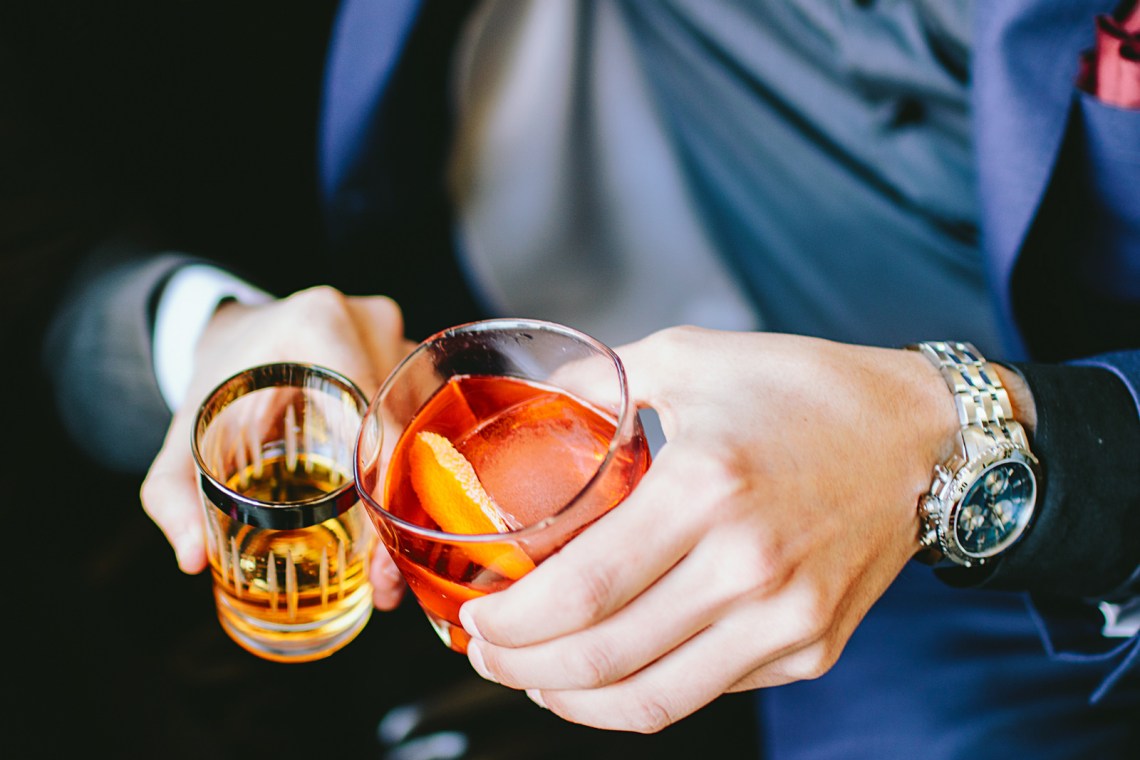
If you’re reading this article, you’re probably curious about your own relationship with alcohol or that of a loved one. If you think you might be developing unhealthy patterns or problems with drinking, the best thing to do is to examine them now and intervene before they get worse.
Binge drinking is often normalized or glamourized in the media. While it’s not uncommon to experience episodes or phases of heavy drinking, you want to be able to recognize the early warning signs of when you might be developing a real problem. For example, if you tried participating in something like “sober January” but noticed some worrisome withdrawal symptoms when you tried, that’s a warning signal to pay attention to. If the signs of alcohol abuse listed in this article strike a chord with you, make sure you reach out for support services to help you through alcohol withdrawal symptoms.
Many people believe that they only have a problem with alcohol if they drink every day or if they drink when they’re alone, but this is not the case. Here are some very real signs that your relationship with drinking is becoming problematic:
1. You find it difficult to have fun, date or socialize without alcohol
Imagine you’re on a date or at a party with no alcohol (or other mind altering substances). How do you feel? Does it make you a bit nervous, awkward or uncomfortable just thinking about it? Many people enjoy alcohol in social situations, but you should be able to relax and have fun without it. If you can’t enjoy yourself and interact with others without drinking, it’s become a crutch.
There’s even people who don’t enjoy sex unless they’re drunk, or need alcohol before they’re comfortable with having sex. Not only is that an unhealthy relationship with alcohol, but it’s also a sign that you don’t have a healthy relationship with yourself – or with the person you’re sleeping with.
You might also be using alcohol to mask your social anxiety. If you notice you avoid social gatherings that won’t have alcohol, or drink beforehand, or bring alcohol with you to events that don’t necessarily need it -to the beach, to casual dinners or lunches, to picnics in the park, or movie nights with friends. If you can’t enjoy these things without being at least a couple of drinks deep, there’s something more going on for you that you would benefit from exploring. Maybe a partial reason you need to drink is because you don’t actually feel comfortable around those friends, or you don’t like going to those events, or those places. If you’re doing something you truly enjoy with people you feel safe and comfortable with, then you absolutely shouldn’t need alcohol to have fun.
2. You often drink more than you planned to or said you would
You said you were only going to have three drinks last weekend, but before you knew it three turned into ten. You promised yourself you would only spend $40 at the bar, but you couldn’t keep that promise. You swore you would stop drinking on weeknights, but you can’t seem to stop. You have been setting goals for yourself to moderate, reduce, or quit drinking and frequently find you are unable to meet your goals. When you really want to reduce or stop and yet you can’t seem to, that is a major warning sign of alcoholism. If you do manage to reduce your drinking and notice tremors or irritability, you may be experiencing alcohol withdrawal symptoms. These indicate your body has developed a high tolerance for and dependence on alcohol.
3. You’ve lost or strained relationships due to your drinking
Have you had fights with friends or family who say your personality changes when you drink? When you’re drunk have you said or done things you regret, that aren’t congruent with your values? Have people in your life told you to stop, slow down, or expressed concerns? Have you started to avoid your friends or family who are moderate drinkers, and spend more time with friends who drink heavily like yourself?
4. Once you start, you find it hard to stop
Your friends leave unfinished drinks on the table or half-empty bottles of wine in the fridge for days. Do you? Do you find it hard to turn down offers of alcohol? Do you usually drink everything that is available or that you have? Do you drink something even though you don’t like the taste of it? Healthy drinkers can take it or leave it, they don’t feel compelled to finish every drink or say yes to every drink offered to them.
5. You lie or avoid talking about how much or how often you drink
You’re on a date and they ask you often you drink, and a lie slips out of your mouth. Your friend asks you how many beers you had, and for some reason you tell them a number lower than the truth. Your doctor asks you how much and how often you drink, and you feel compelled to lie. Lying or hiding how much you drink, or avoiding being questioned about it, is a clear sign that part of you knows you are doing something wrong and feels ashamed and guilty. When you are ashamed and guilty you feel worse, and feel isolated, which usually leads to more drinking. It can be hard to tell the truth and admit you might need some help, but it’s always better to start today before you go any further down this road.
So, if you’re reading these warning signs and some of them are ringing true, what can you do about it? Read this article if you’d like to explore your options with regards to what you can do about your drinking problem, and how you can become less dependent on alcohol. ![]()
